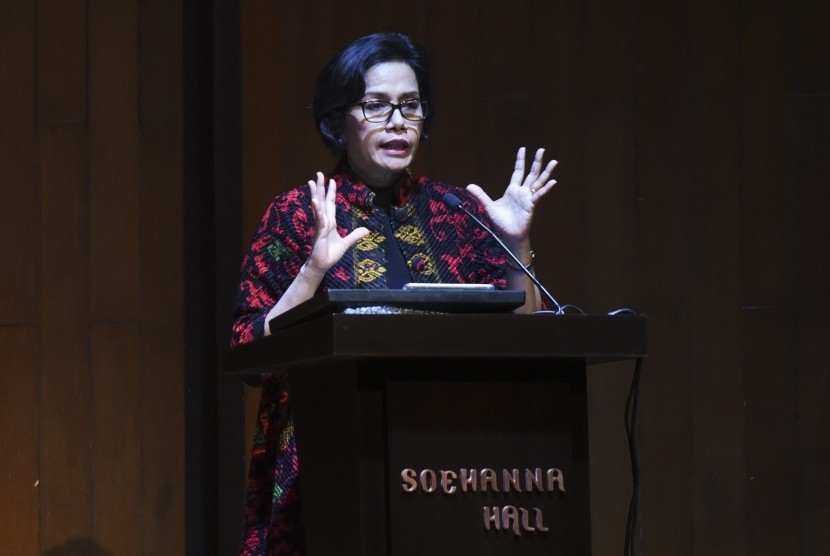REPUBLIKA.CO.ID, JAKARTA -- Private participation is very important to overcome the challenge of government budget limit in building infrastructure facilities, Indonesian Finance Minister Sri Mulyani noted.
"The budget room is limited, but we can utilize a funding scheme and attract private investment not depending on the state budget," she stated, at the opening of Indonesia Infrastructure Finance Forum in Jakarta, on Tuesday.
Tidak ada kode iklan yang tersedia.
Indonesia should catch up to build infrastructure facilities as the current economy is moving forward, supported by demographic bonuses and growth of the middle class.
However, according to Mulyani, the efforts cannot be quickly carried out because the government has limited financing. Therefore, infrastructure construction and inter-regional connectivity require funding from private sector.
The space for cooperation with the private sector is huge, considering that the investment for infrastructure needs reached US$500 billion in five years, with the country's resources and ability to mitigate the risks.
The development of creative and innovative financing from the private sector becomes more important as the government is currently working on 245 infrastructure projects enlisted in the National Strategic Projects at national and local levels.
During the session, Jim Yong Kim, President of the World Bank Group, noted that Indonesia's limitations in infrastructure financing is caused by the not-yet- optimal tax collection, inefficiency of government spending, and three percent budget deficit limit to GDP.
For that, he remarked that public and private partnerships are needed for the development of strategic infrastructure facilities to support the performance of Indonesia's emerging economy.
Kim added that the World Bank was ready to provide technical assistance and governance to boost private interest and reduce the risk of losses so that financed infrastructure projects become more economically attractive to the investors.
"We can facilitate the process of accelerating infrastructure development in developing countries by providing lucrative solutions, so that investors in developed country can get benefit and developing countries can access low-interest funding," Kim remarked.
However, according to him, there are still obstacles that must be eliminated to create a conducive atmosphere for the sustainability of public partnership schemes and business entities.
"We have identified 100 legislation-regulating PPP partnerships that are inconsistent with each other and less beneficial to the private sector; for example, there are legislations that benefit SOEs in project management rights, whereas there must be a competitive mechanism too," Kim explained.
The event of Indonesia Infrastructure Finance Forum, held by the support of three state-owned companies working on infrastructure business, is part of the IMF-World Bank Annual Meeting, which will take place in Oct 2018 in Bali, Indonesia.
The forum is also accompanied by discussions to discuss the targets of infrastructure development, including planning, preparation and project transactions, the role of SOEs in infrastructure, and the mobilization of alternative commercial financing.


